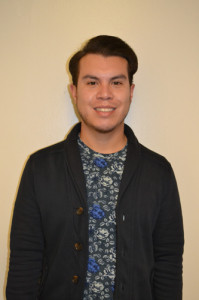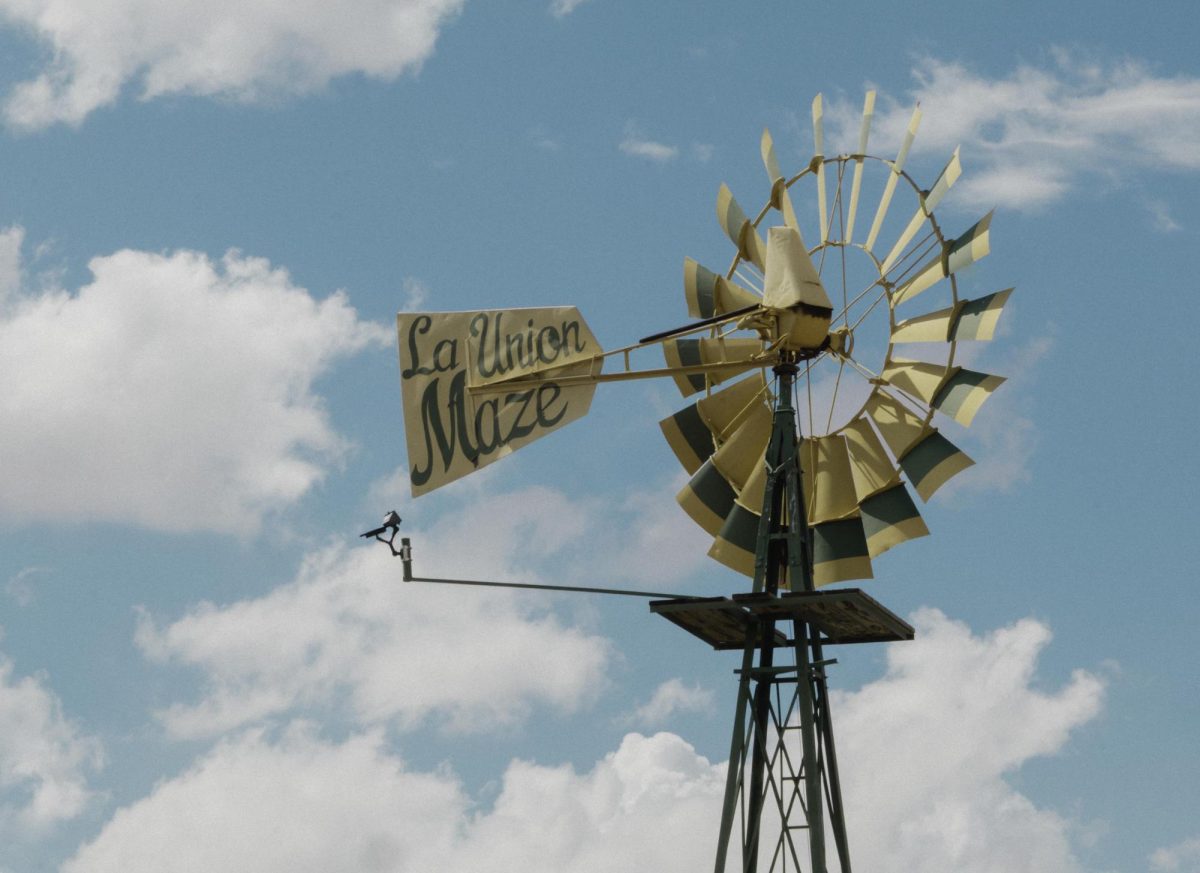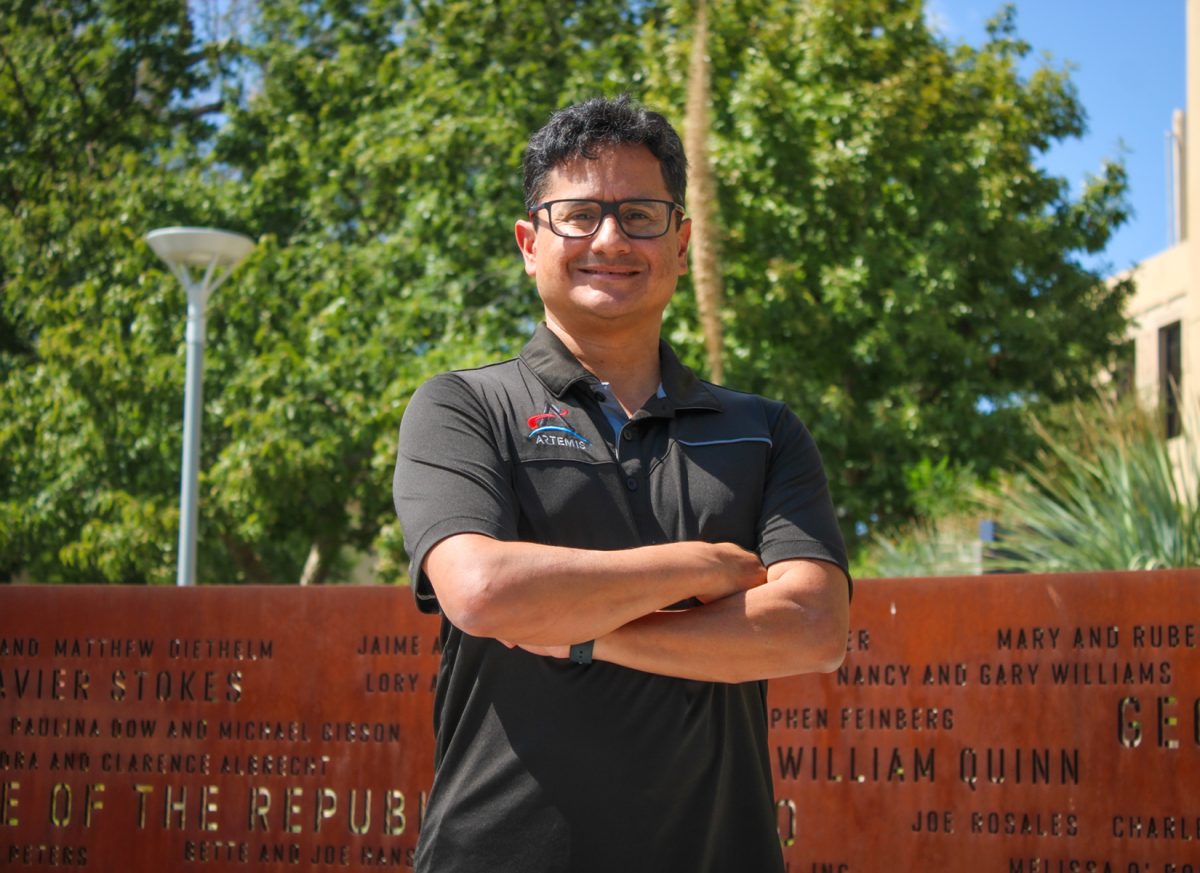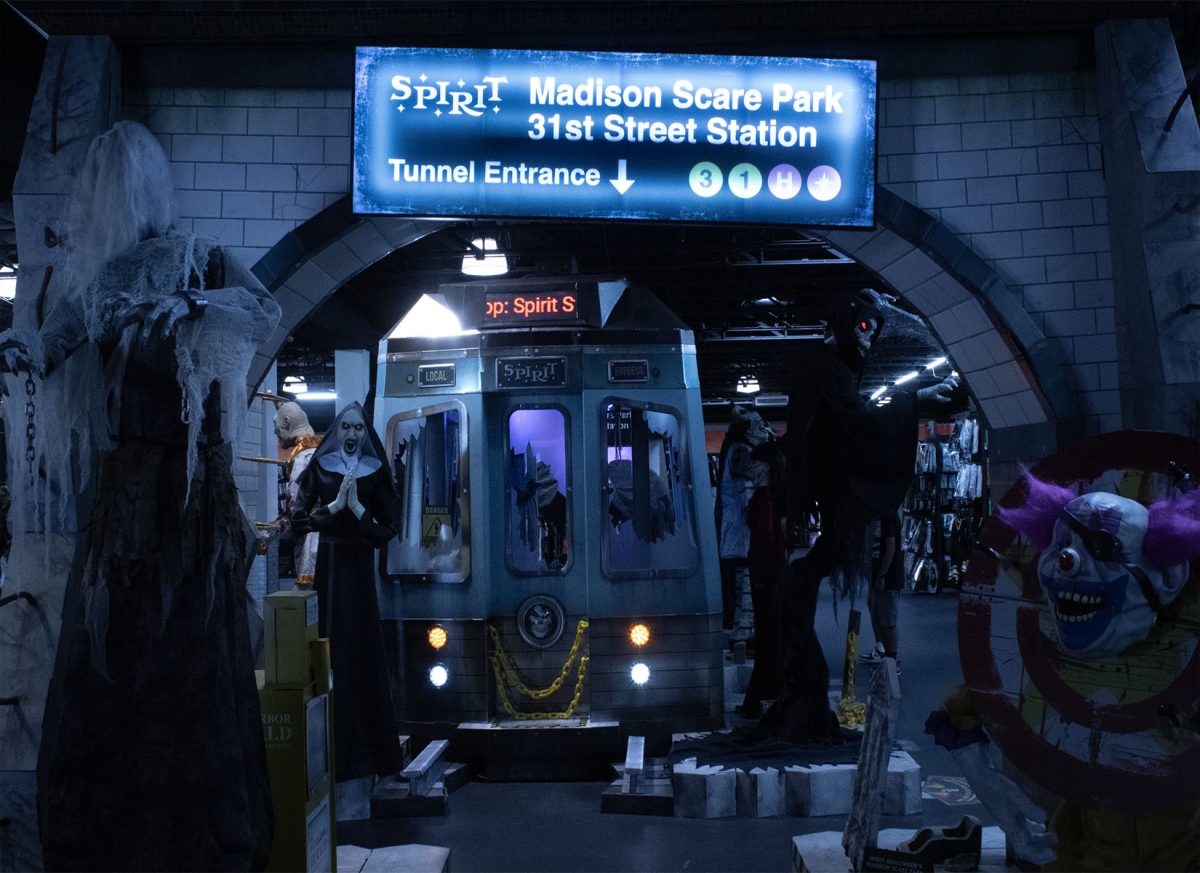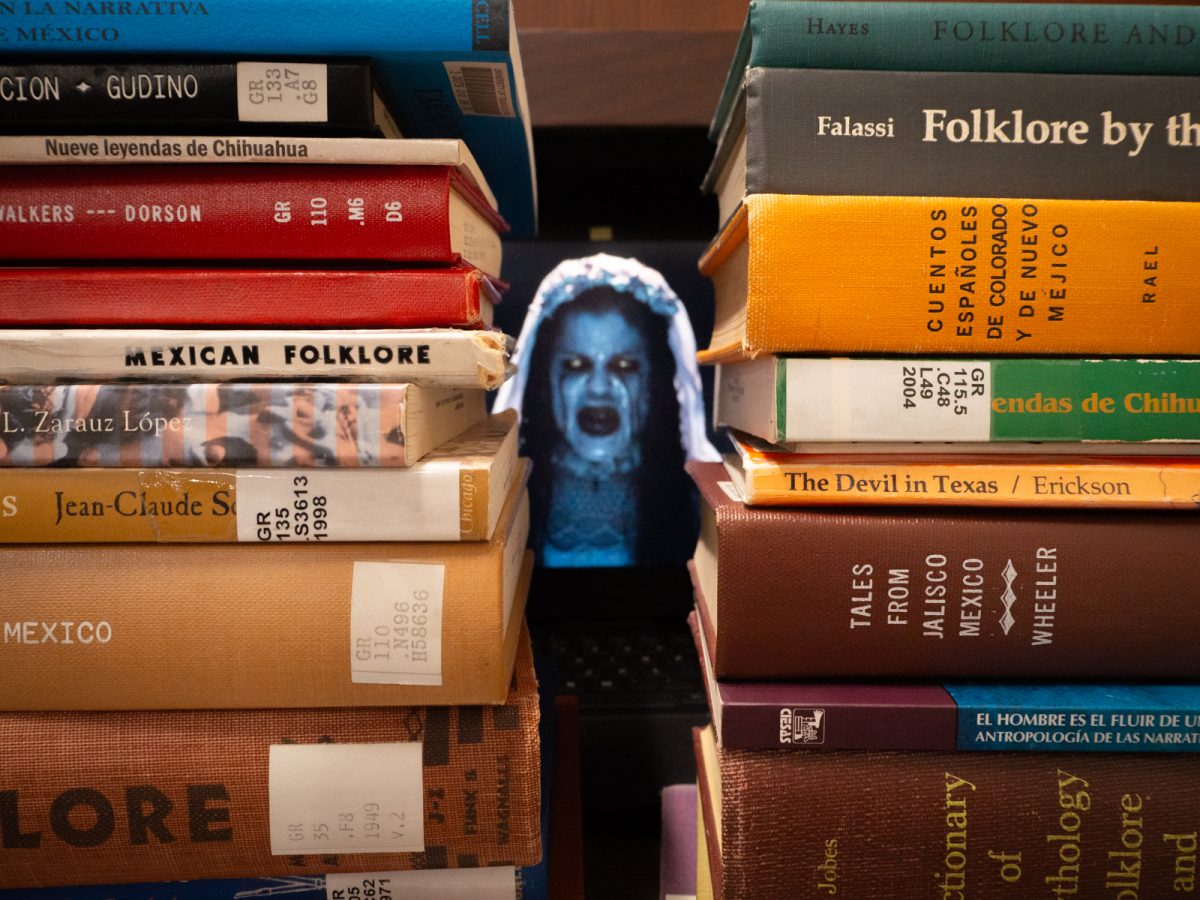Approximately 2,000 undocumented immigrants were flown into the El Paso area in June coming mainly from the South Texas region. They now await immigration hearings or possible deportation.
Last week, two planes arrived full of immigrants, who were caught crossing into the United States illegally. According to officials from the Annunciation House, of those 2,000 immigrants, none remain in the area.
The Annunciation House, which works in coalition with local churches, has been sheltering immigrants as they arrive to the city. Ali Boyd, a volunteer at the Annunciation House said the 36-year-old shelter has been keeping the immigrants for just a few nights. Boyd also said the Annunciation House is run completely on donations, and with no federal or state funding. She said that more than half of the immigrants they have sheltered have been from Honduras, and that they are seeking refuge from an increase of crime and violence.
“A high percentage of the immigrants are fleeing their countries and seeking asylum here in the States because right now, Central America is an extremely violent part of the world,” Boyd said.
Mark Lusk, UTEP professor of social work, along with undergraduate and graduate students, has been working closely with the Annunciation House by helping the migrants connect with family members across the U.S.
“Many see the migrants who have come to El Paso as a problem. I do not,” Lusk said. “The problem is in Central America and the solution for them as refugees is to flee to the United States. I see this as an opportunity for us to do the right thing.”
Lusk describes the immigrants as “forced migrants,” people who leave their home countries in Central America—not because they wanted to, but because they had to.
“There has been a complete breakdown in order in that region due to the rise of organized crime and the inability of their governments to control it,” Lusk said. “Organized crime originated with the huge demand for illicit drugs in North America. Like in Mexico, there wouldn’t have been any drug wars had there been no demand for drugs here in the nation that consumes more illegal drugs than any other nation. Couple that with the exploitive history of economic de-velopment in the region and you have a huge majority of poor, landless people controlled by a small minority of rich people who run the government. This is not a recipe for success.”
Lusk says that the help he provides with the Annunciation House
is necessary.
“When a fellow human being is in distress, homeless, without a country and comes to us with no money and only the shirt on their back, it is our moral duty to help,” Lusk said. “To reunite them with family, to provide food and shelter and to help them become free is our obliga-tion.”
Lusk said that instead of dealing with the issue as an international humanitarian crisis, politicians are seeing this as a border control matter, as if the refugees were terrorists to be locked up and deported.
“Some politicians cynically use it for their own agenda, like saying we need more border enforcement, more agents, more immigration prisons,” Lusk said. “The president, who has deported more immigrants than any other president in history, wants more money for border en-forcement. I see it as a challenge to us to act humanely,
to offer refuge, to provide assistance and to act with moral conviction rather than political expediency.”
Congress has been debating President Obama’s call for nearly $4 billion, which was announced on July 8, to strengthen border security measures due to the surge of unaccompanied children and families that have flocked to the U.S. from Central America. Roughly $900 million of the $4 billion being requested will be allocated for the deportation of illegal immigrants and other prosecution measures.
Congressman Beto O’Rourke, D-El Paso, has publicly opposed the deportation of the most recent surge of undocumented immigrants.
“This isn’t a border security issue as much as it is a humanitarian issue,” O’Rourke said. “What we are experiencing right now isn’t a violation of border laws, but rather a plea for refuge. Most of these immigrants are fleeing countries like Honduras, which is the currently the most dangerous country in the world. Gang and drug-related violence and crime is surging in ways that people in the Unites States simply cannot relate to. We have to view these immigrants as refugees, just as we would have, had they been coming from conflicted Middle Eastern countries,
for example.”
O’ Rourke said that the country needs to realize that the demand for illegal drugs and illegal gun trafficking contributes to the increase of illegal migration.
“We are the number one consumers of illegal drugs and the top customers of illegal guns. This is, in turn, fueling the violence in these countries,” O’Rourke said. “If we are contrib-uting to the issue, why turn away the people who are trying to escape the outcome?”
In 2008, President George W. Bush signed the William Wilber-force Reauthorization act. It mandated that the United States take in children who are escaping violence in their home countries.
“Returning them to this kind of environment is going against that act, and I, for one, want to make sure that the right process is being done when dealing with these underaged immi-grants,” O’Rourke said. “I’m extremely proud of El Paso for the way it has been reacting to this crisis. The way that the city has aided and assisted this group of refugees makes me proud to represent it.”
A border patrol agent, who wished to remain anonymous, doesn’t agree with O’Rourke’s sentiments.
“As far as this goes, there’s a lot going on with the transferring of bodies. The protests and halting of buses is just few occurrences. A judge in Dallas wants to open up a facility to help immigrants with food and shelter. Obama asked Congress for almost $4 million to deal with the crisis, but that’s today. Then five or 10 years down the road, another $10 million to help with hospitals, schools and welfare for these immigrants,” the agent said. “It’s not just the current strain they are putting on resources. They will keep on straining the economy. Half of the immigrants will end up with some sort of government help, while those that end up working will do so illegally and not pay any taxes.”
The Annunciation House remains ready for another inflow of immigrants.
“We focus on hospitality for the undocumented, the homeless and those without economic means. That means if more immigrants come through El Paso, we will welcome them,” Boyd said.
For more information on the Annunciation House, visit annunciationhouse.org.
Jose Soto may be reached at [email protected]


